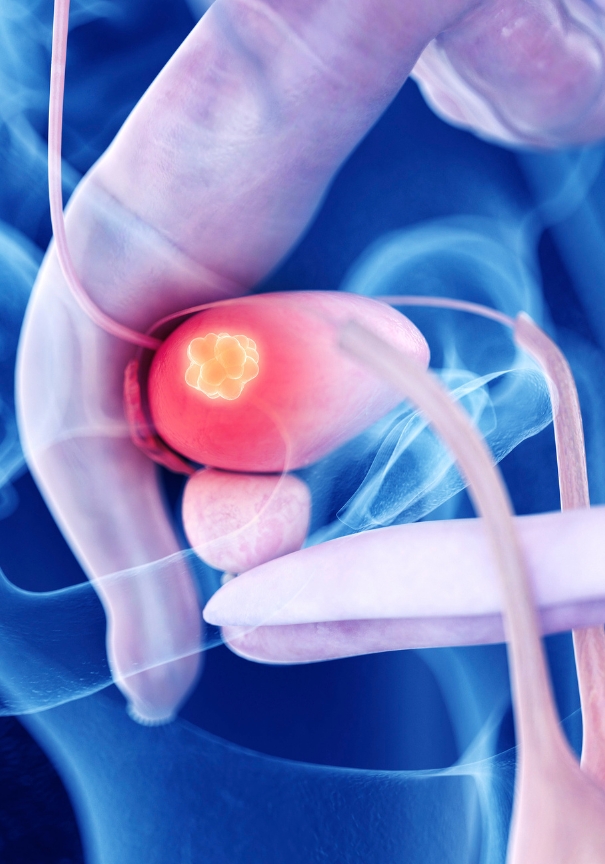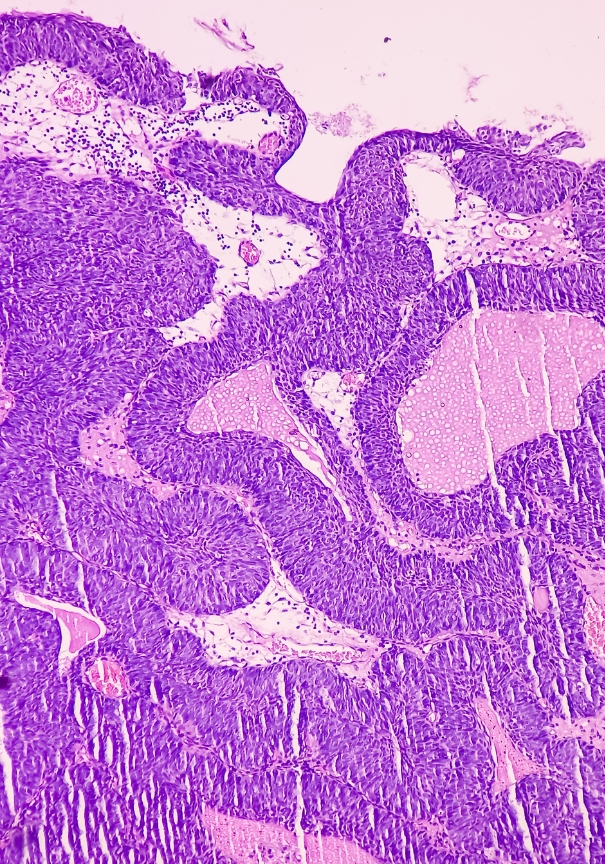Bladder Cancer
Bladder cancer is a complex condition that requires a tailored approach, and our team is committed to providing you with comprehensive information and compassionate care. As a premier Urology provider in East Texas, we specialize in diagnosing and treating bladder cancer, utilizing state-of-the-art technologies and evidence-based practices. Our patient-centric approach ensures that you receive personalized treatment plans that address the unique aspects of your condition, considering factors such as the stage of cancer, overall health, and individual preferences. Treatment options may include surgery, chemotherapy, immunotherapy, and radiation therapy, and we are here to guide you through the decision-making process with clarity and support. Our goal is to not only treat the cancer effectively but also to enhance your quality of life throughout the journey. Explore our resources to gain valuable insights into bladder cancer and take the first step toward a comprehensive and patient-focused approach to your care.


Illustration of Cancer Cells in the Bladder
Causes
Bladder cancer emerges when abnormal cell growth occurs within the lining of the bladder. Exposure to certain risk factors heightens the likelihood of developing this condition. Smoking, a primary culprit, introduces carcinogens into the body through inhalation, directly affecting the bladder lining. Occupational exposure to chemicals like aromatic amines, prevalent in certain industries, poses another risk. Chronic bladder inflammation, often linked to recurrent urinary infections or other irritants, may contribute to the development of bladder cancer over time. While genetic factors and aging also play roles, understanding and mitigating these risk factors are crucial in preventing the onset of this disease.
Treatment
Treatment is a multifaceted approach tailored to the specific characteristics and stage of the cancer. Transurethral resection of the bladder tumor (TURBT) is a common initial procedure, involving the removal of cancerous tissue within the bladder using a specialized instrument. Following TURBT, additional treatments may be recommended based on the extent and aggressiveness of the cancer. Intravesical therapy, where medication is instilled directly into the bladder, is often employed to treat early-stage cancers or prevent recurrence. For more advanced cases, surgery may involve partial or complete removal of the bladder (cystectomy), sometimes followed by reconstructive surgery. Chemotherapy and immunotherapy are systemic treatments used to target cancer cells throughout the body, particularly for cases that have invaded deeper layers of the bladder or spread beyond. Radiation therapy may be considered in certain situations. The selection of the most appropriate treatment plan is made through collaboration between the patient and a multidisciplinary medical team. Our medical professionals at the clinic are dedicated to providing comprehensive and personalized care, utilizing the latest advancements in cancer treatment to optimize patient outcomes and quality of life.

Microphotograph Transitional Cell Carcinoma, High Grade, Malignant Neoplasm

